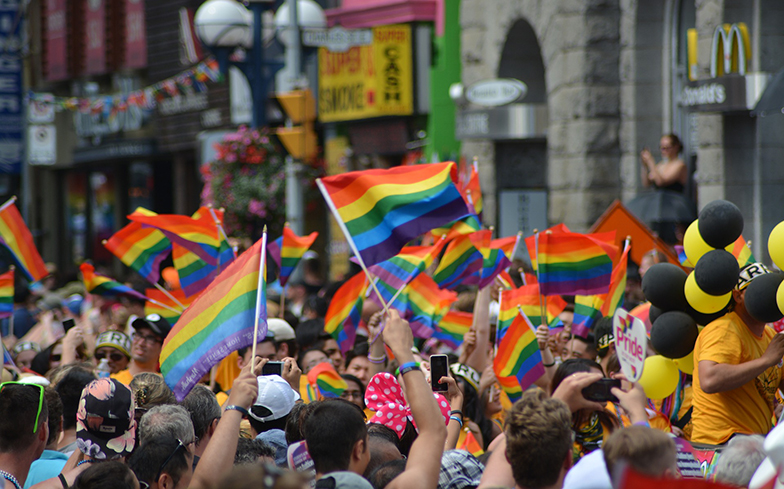Spain’s Equality Ministry has drafted a law which would allow transgender people to change their gender identity.
On Wednesday (3 February) the Spanish Equality Ministry introduced a bill which would amend Spain’s existing legislation on changing gender.
Currently, to change gender in Spain, the individual must undergo medical and psychological exams or several years of hormone treatment.
In the newly proposed bill, the process of acquiring a gender change will be made more accessible.
Individuals aged under 16 would be able to change both their name and gender at a registry with a statement. This would remove the need for medical checks or hormone treatments.
The draft bill was part of a political agreement signed between Spain’s Socialist Party (PSOE) and Unidas Podemos.
According to Spanish newspaper El Pais, Irene Montero of Unidas Podemos, leader of the Equality Ministry, met with over 20 LGBTQ+ collectives to discuss and finalise the proposed law.
Non-binary representation is also being considered in the proposed bill. The new legislation would recognise the rights of non-binary individuals and is suggesting the possibility of removing the gender category on the relevant certificates.
Spain’s draft progressive law has been met with some backlash. According to Reuters, several ministers from Prime Minister Pedro Sanchez’s Socialist party were not in agreement of the gender self-identification bill.
As the debate surrounding the age of consent and access to LGBTQ+ facilities continues, such as in the UK, many have questioned whether opening to system to allow the self-identification process will reduce discrimination.
Feminist groups such as Against the Elimination of Women have raised concerns around the structures of sex and gender.
The organisation argues that allowing the process of self-identification and easier access to change gender can “eliminate” the woman’s experience.
PSOE and Unidas Podemos’ draft is advocating for the right of gender expression, to make hormone blockers more accessible, to allow individuals aged 16 and older to decide their own gender, to offer recognition of trans and non-binary individuals, and to encourage LGBTQ+ education.




